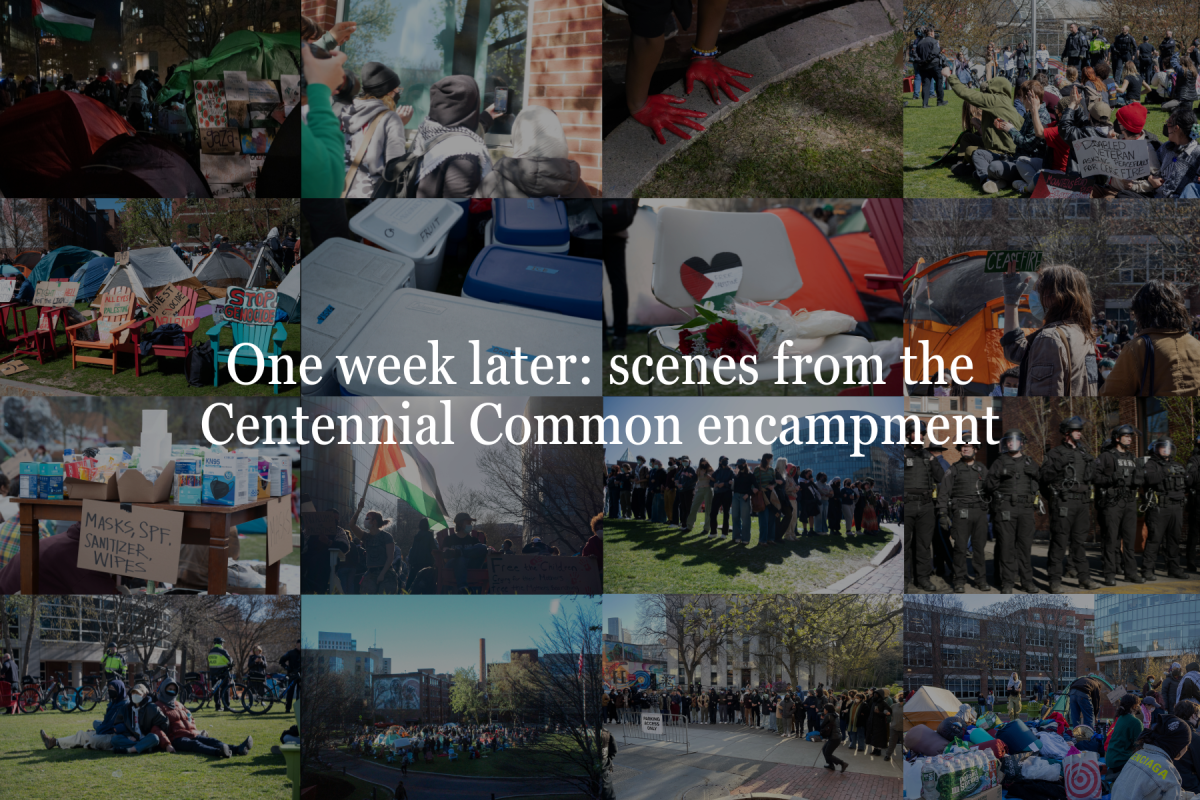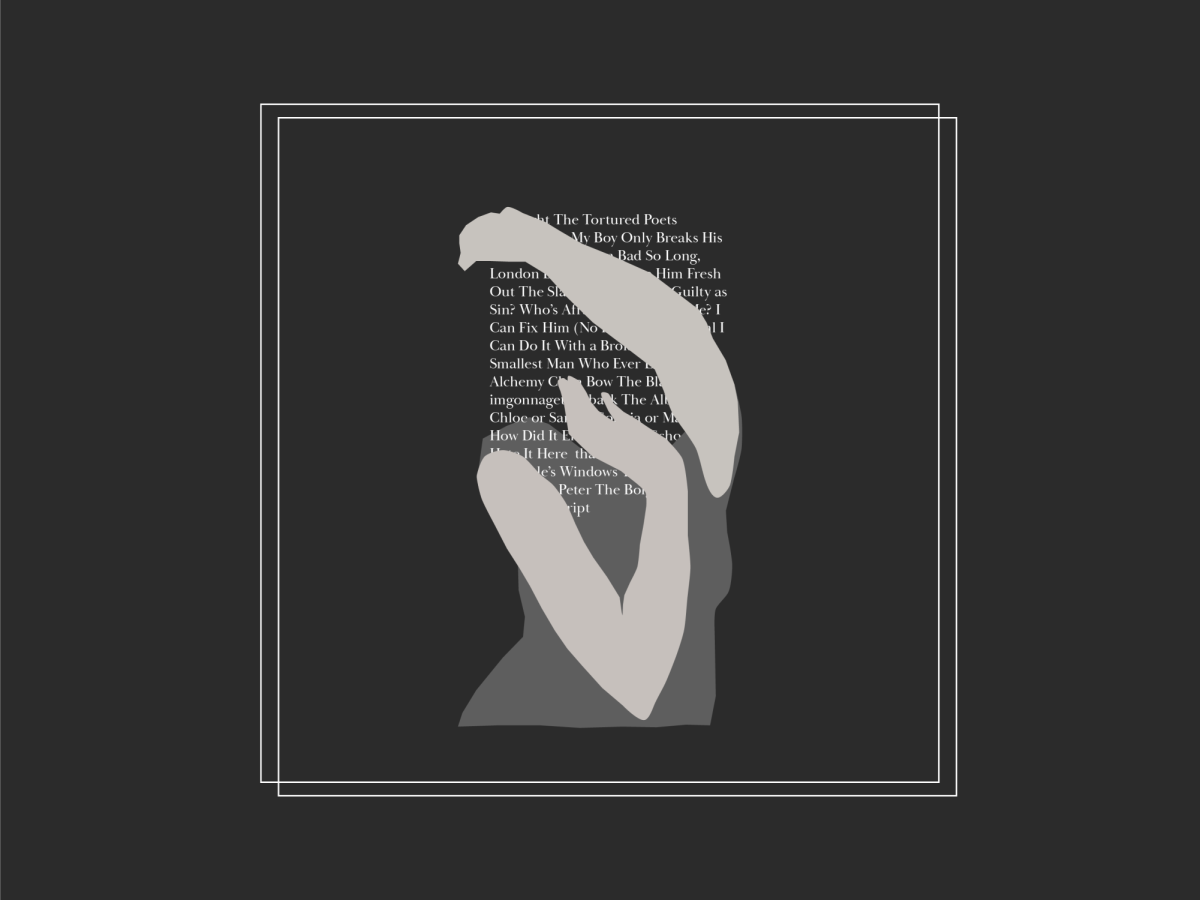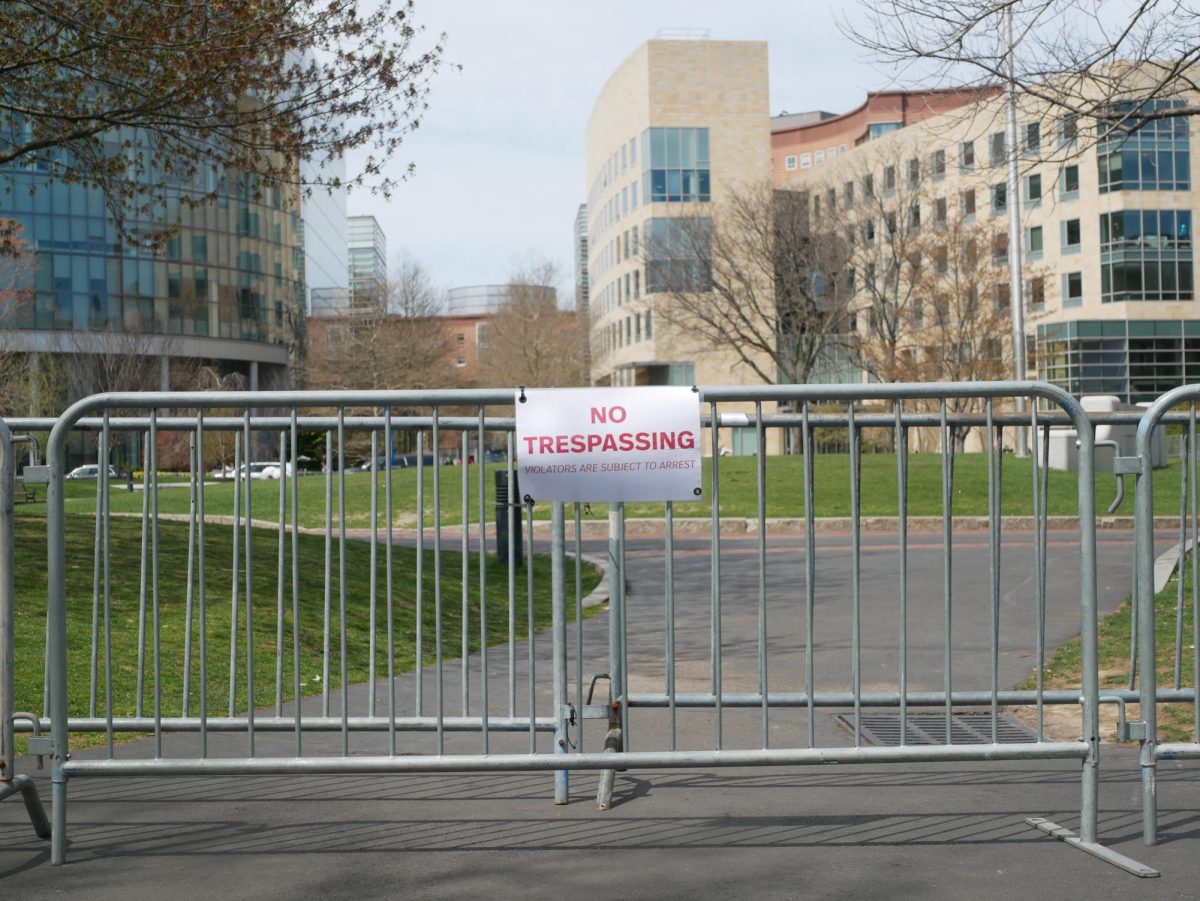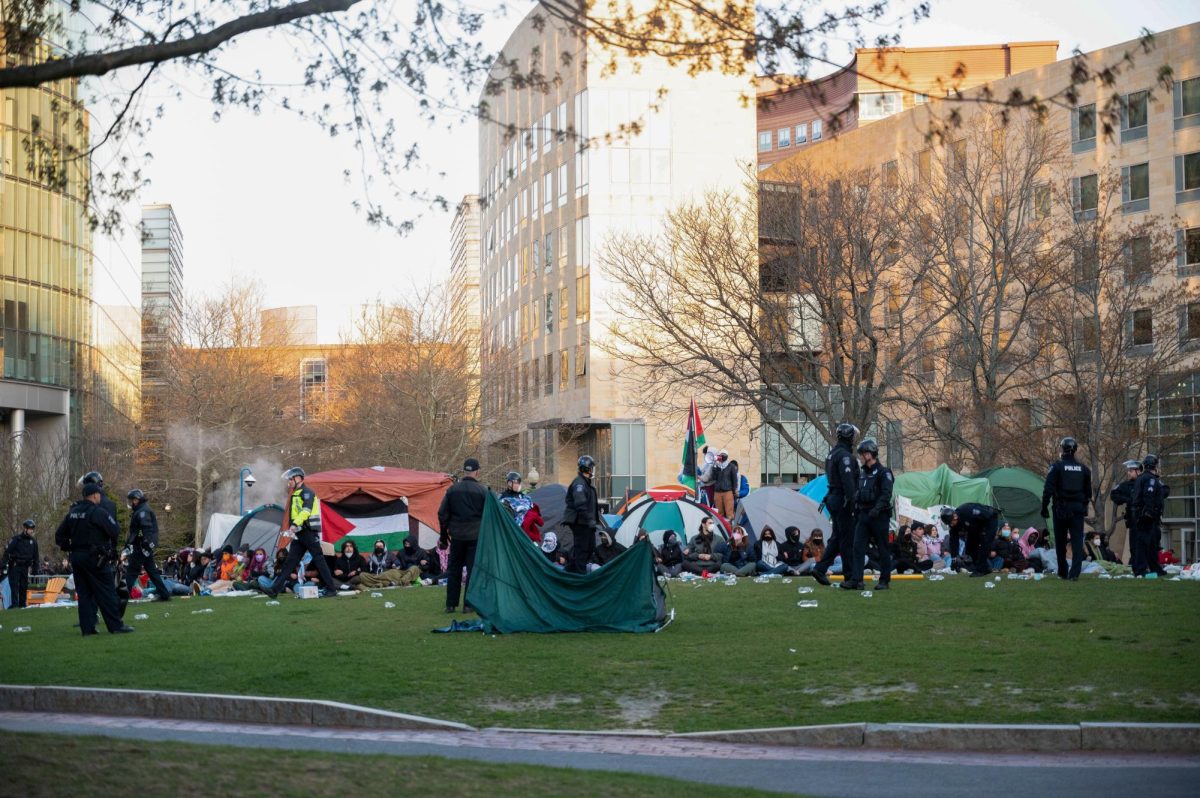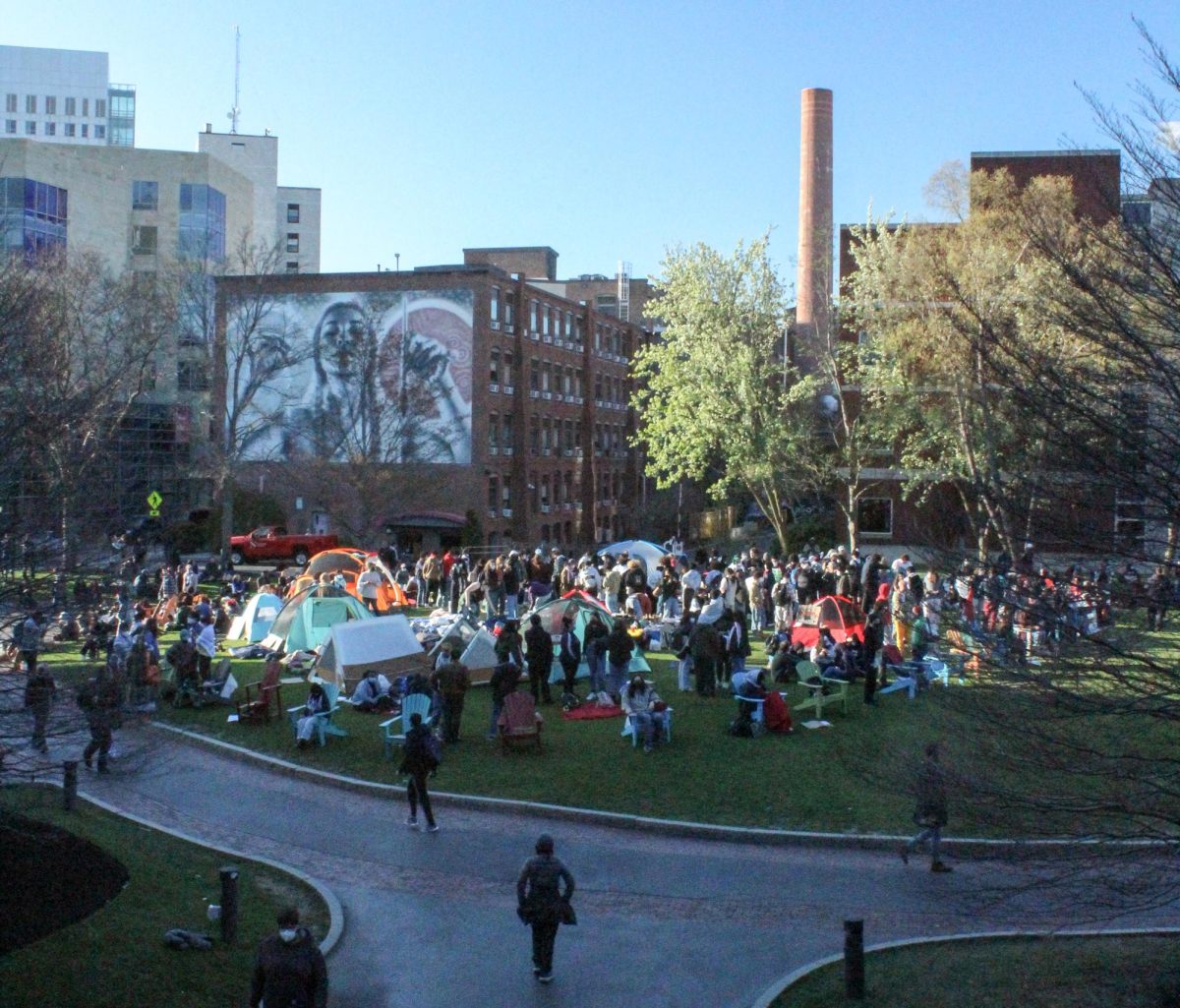Last quarter, the Student Government Association and the Resident Student Association were able to put their differences aside and work together. Though the two student organizations have made headlines with disagreements over funding for student groups, both agreed that the administration of NU must allow funding for a sexual assault counselor on campus.
The unfortunate aspect of the joint resolution passed in February — which was passed unanimously by both organizations (with two abstentions) — has gone unanswered by the administration, again.
This is not the first attempt to allocate resources for a rape crisis counselor. Three years ago, in the fall of 2000, SGA passed a resolution recommending funding for a full-time sexual assault support services coordinator. That resolution also went unanswered.
Meager attempts have been made to appease SGA. An offer of a part-time graduate student to assume the role was put on the table, and rejected. Student leaders of the university demand a dedicated individual to fill this void, not a preoccupied student.
The issue of relying on public safety officers is logical, but unreasonable. Reporting a rape is much different than reporting stolen property. Rape is a crime of violation whether it leaves physical marks behind or not, emotional scars will always be carried by the victim. Reporting a rape can in no way be easy, which hints as to why Northeastern may be able to boast a low number of rapes on campus, seven in 2001, four in 2000 and two in 1999. The majority of rapes in the United States go unreported because of their volatile nature and the uncomfortable feeling brought about by discussion.
If NU is dedicated to improving the quality of life for students, this resource must be provided. As NU becomes a student’s home away from home, the institution must provide a safe haven for its students. The students have spoken and they demand resources for rape victims.
“Take Back the Night,” an upcoming event hosted annually by Delta Phi Epsilon, hopes to raise awareness about sexual assault and give students in the audience the opportunity to share their personal experiences. In past years, women who have been raped have stepped forward to share their experiences. Their peers standing before them are their only form of a support system on campus.
This initiative, which had fallen by the wayside after the 2000 piece of legislation was not picked up again until SGA Executive Vice President Michael Romano was approached by rape victims — NU students, who he did not seek out to support his cause. They came to him — for help. He decided to help, and began digging through research. He has visited other schools that have rape crisis centers with comprehensive guides, manuals and up to date protocols for particular scenarios and situations.
Though NU may not be able to prevent sexual assault from occurring and certainly cannot erase the past for victims, it can help by providing funds for a sexual assault counselor. This is NU’s chance to be “proactive rather than reactive,” a phrase which is uttered from the mouths of the SGA executive board at least once a day, but in this case, it fits.
While other schools such as the University of New Hampshire and Syracuse University have an entire center dedicated to this cause, all the students of NU ask for is one full-time counselor, just one.


